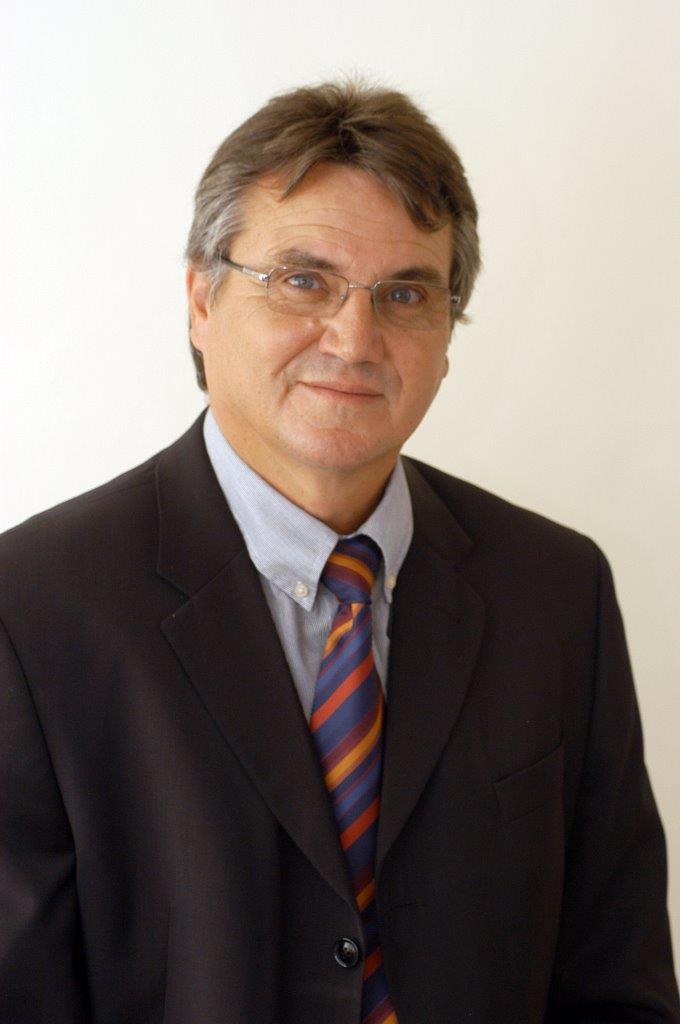The increase in insolvencies worldwide should prompt directors of South African companies to re-look how they will secure their own business continuity should any of their key suppliers fold and stop providing them with mission-critical systems.
And, while doing so, they’d be smart to consider active software escrow as the simplest and most cost-effective solution should they not own the IT systems that run their businesses, or be making extensive use of Software-as-a-Service (SaaS) or cloud-based computing services.
This is the no-nonsense advice of Escrow Europe Managing Director, Andrew Stekhoven, after reviewing numerous outlooks for business health for the remainder of 2022 and 2023.
“If your business relies on SaaS hosted applications or if it licenses software from a developer, now is the time to consider putting a software escrow agreement in place to ensure the business can keep trading if your IT service provider is declared insolvent or bankrupt, or stops supporting the system or service,” said Stekhoven.
Allianz Trade, a global leader in trade credit insurance and a recognised specialist in the areas of surety, debt collection, fraud insurance, structured trade credit and political risk, recently announced it expects, after two years of declines, to see global business insolvencies to finish at 10%higher in 2022 and +14% in 2023, approaching their pre-pandemic level.
It also said it expected Africa and Central and Eastern Europe to reach a new record level of insolvencies in 2022.
Similarly, specialist in trade credit insurance, surety and debt collections, Atradius said it expected sharp insolvency increases in some major economies in 2022 and 2023, and forecast an overshooting of normal levels of insolvencies in 2023 in many markets.
Statista is predicting 32 510 companies will go insolvent in France in 2022, 22 305 in the United Kingdom, 19 200 in Turkey, 15 503 in the United States and 14 600 in Germany. While these are its ‘Big 5 losing countries’, the number of South African companies anticipated to close doors tops 2 000.
According to StatsSA, the total number of liquidations in South Africa soared 44.8% in the year to August 2022. Unfortunately, fewer businesses entered business rescue – a clear sign that many are assessing their financial positions too late.
Active software escrow (or source code escrow) is the safekeeping (vaulting and verification) of the developer version of business-critical software by an independent and neutral escrow specialist.
Simply, the source code of a business application is deposited with an independent and neutral escrow service provider according to the terms set out in an escrow agreement signed between the software supplier, the business end user and the escrow service provider.
The escrow agreement will specify the exact legal terms upon which:
- the software supplier is obliged to deposit the source code,
- the business end user may call for the release of the source code,
- the testing of the software product required to verify the integrity of the source code deposit.
“If your company is largely dependent on third party knowledge – for example, the knowledge behind the system that manages a call centre like credit card authorisation, or tracking system such as those used by courier companies, or an accounting system like those used by the major retail chains – software escrow can no longer be considered as a as a ‘nice to have’ option, is the pre-eminent vehicle to minimise the company’s exposure,” Stekhoven concluded.












